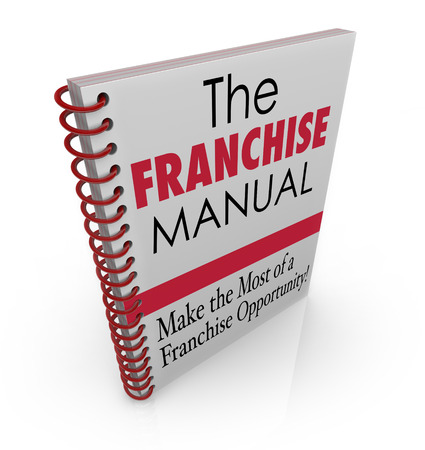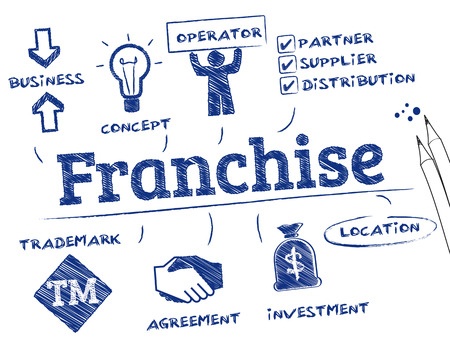Franchising your business is a great way to expand to more locations and increase your brand recognition. Still, it’s important to fully understand the benefits and drawbacks that come with franchising before you decide to make that choice. The following breakdown of franchising pros and cons can help you determine if it’s the right move for your situation.
Pros of Franchising
When you franchise your business, you’re able to grow it while taking a much smaller financial risk than financing new locations yourself. The franchisee covers the costs of opening a new location, so you don’t have to worry about saving money or going to the bank for a business loan. Not only will it be less expensive to expand your business, but you can do it quickly. With a popular brand name and a track record of success in your current locations, you could have potential franchisees all over the state or country.
While your franchisees will keep most of their profits, you’ll receive monthly royalty payments from them based on their sales. This means you’ll simply be making money off the name of your business and any support you provide to your franchisees, without the responsibility of running a new location.
You’ll likely need to provide franchisees with some assistance when they first launch, especially with training so they have the best chance of success. However, once they’re in business, they’ll handle day-to-day operations on their own. Although they may require some occasional support or advice, for the most part, you won’t need to put much time into your franchises.
Franchising your business is an excellent way to get ambitious, driven people on board. The most talented people would typically rather own their businesses, not just work as employees. When you provide the opportunity to own a franchise, you can attract people with better overall skills and more dedication to your brand’s success. Employees may want the businesses where they work to succeed, but they receive their salaries no matter what. A franchisee needs the business to make money if they want to make anything.
Cons of Franchising
One of the biggest cons of franchising is that you have less control over your business. When you own all your business’ locations, the people working there are still your employees, so your word is final. That’s not the case when you have franchisees, as each of them owns and operates their own location.
This may not become an issue, especially if you have a good relationship with your franchisees. After all, they still want your business to succeed, because the strength of the brand is important to each individual franchise success. However, there could be situations when you come into conflict with your franchisees. A common argument between franchisors and franchisees concerns coupons. While coupons are an easy way to increase a business’ sales numbers, they don’t necessarily increase profits. As a franchisor making royalty money off each sale, coupons benefit you. For your franchisee who is focused on profits, coupons may be an annoyance. The worst-case scenario is that franchisees don’t honor certain coupons, which can leave a negative impression of your brand on customers.
Franchising can make it more difficult to introduce new products or services. Instead of simply developing something new and launching it when you’re ready, you need to show it to your franchisees and ensure they will accept and promote it.
Of course, although a benefit of franchising is the potential for rapid expansion with less financial risk, the flip side is that you’re making less money from each new location. When you own a location, the profits go to you. With a franchise, your portion of the profits is small.
It takes time to choose the right franchisees. If you pick someone who doesn’t represent your franchise well, it can be detrimental to your brand and the new location may fail.
Deciding Whether to Franchise
When determining if you should franchise your business, it comes down to how quickly you want to expand and if you’re willing to sacrifice per-location profits for greater expansion. If you decide that franchising is the right move, it’s important to set up a thorough agreement that explains in detail each franchisee’s responsibilities, and that you choose the right people as franchisees.



